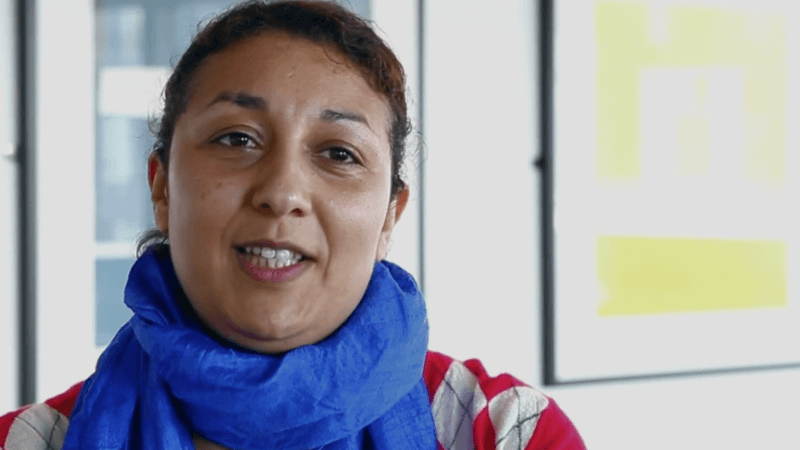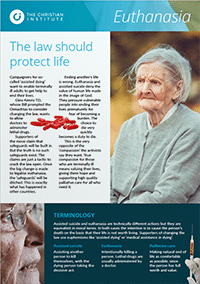A major study into organ donation has found the Government’s preferred ‘opt-out’ system is “unlikely to increase actual rates of organ donation”.
A change is expected to come into place in England in 2020, with both Theresa May and Jeremy Corbyn expressing their support.
But a study involving almost 1,300 people from around the world highlighted problems with opt-out systems.
Unclear
Magda Osman, of Queen Mary University of London, the lead researcher, explained that it was harder to judge people’s “underlying wishes” if consent was presumed.
“If you don’t actively choose and you are listed as a donor on the register, then it isn’t clear if you really wanted to donate your organs.
“This matters if in the event of death your relatives have to decide what to do.
“They may veto the organ donation if they can’t tell for sure what your underlying wishes were.”
Increase unlikely
Researchers presented 1,294 people with fictional situations and asked them to ascertain the deceased person’s wishes.
If you don’t actively choose and you are listed as a donor on the register, then it isn’t clear if you really wanted to donate your organs.
They found that participants believed potential donors were keener to donate under opt-in and mandated choice systems, as opposed to an opt-out system.
Dr Yiling Lin, one of the researchers involved, said: “What we show is this system is unlikely to increase actual rates of organ donation or reduce veto rates. All it will do is increase the number of people on the organ donation register.”
Big presumption
The results reflect the experience of Wales, which has already introduced an opt-out scheme. There is no evidence the Cardiff-backed plan is having a positive effect on donations.
At the weekend, columnist Dominic Lawson highlighted the potential drop in organs donated under the ‘opt-out’ system.
He said “the introduction of presumed consent provokes large numbers of people — who for religious or other reasons object to the idea of the state having assumed rights over their bodies — to sign the opt-out register”.
Challenging those who might see such actions as “selfish”, he added: “these are men and women who regard their choice as a personal gift, utterly different from the state presuming to take their organs as a right”.


